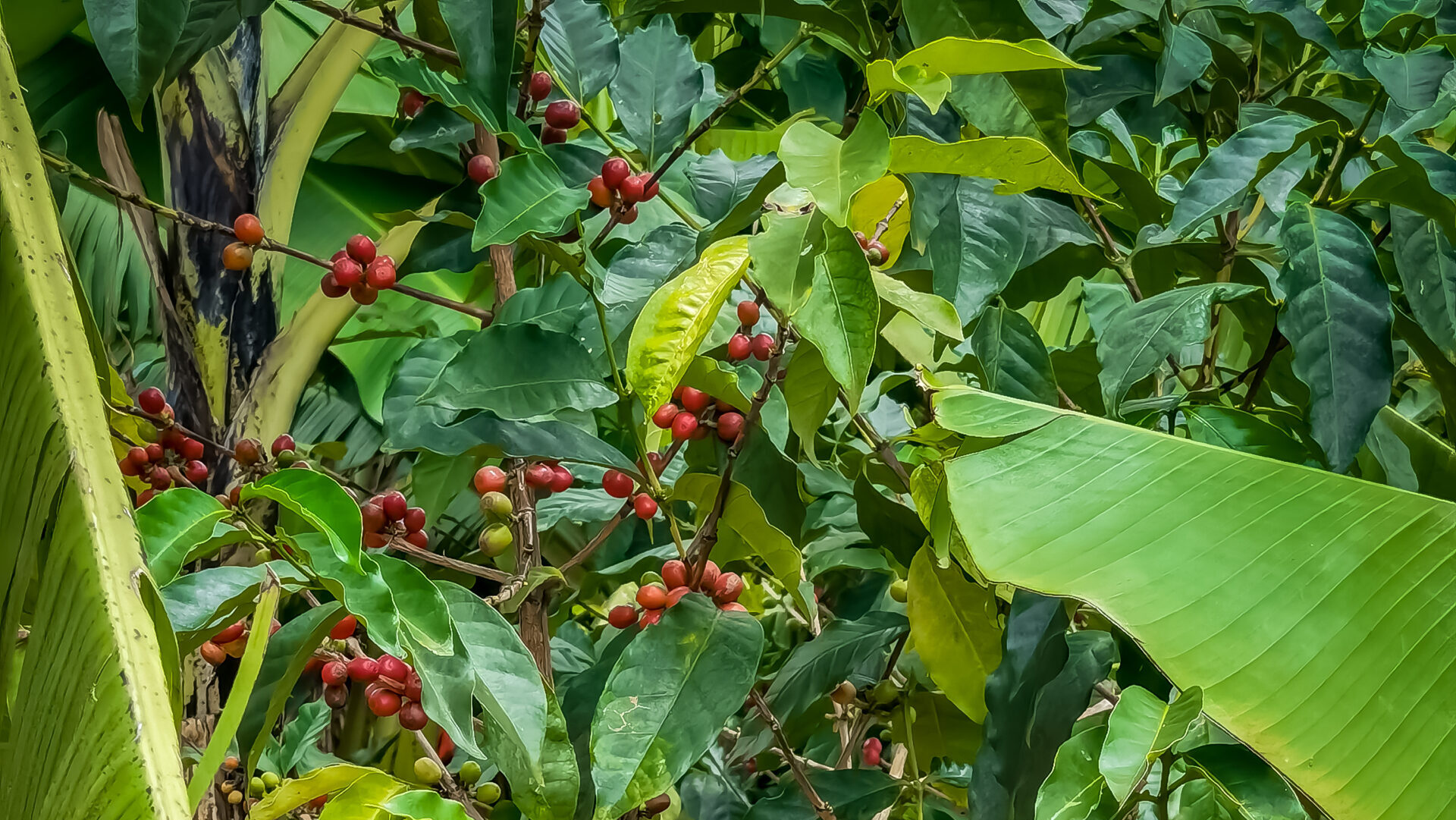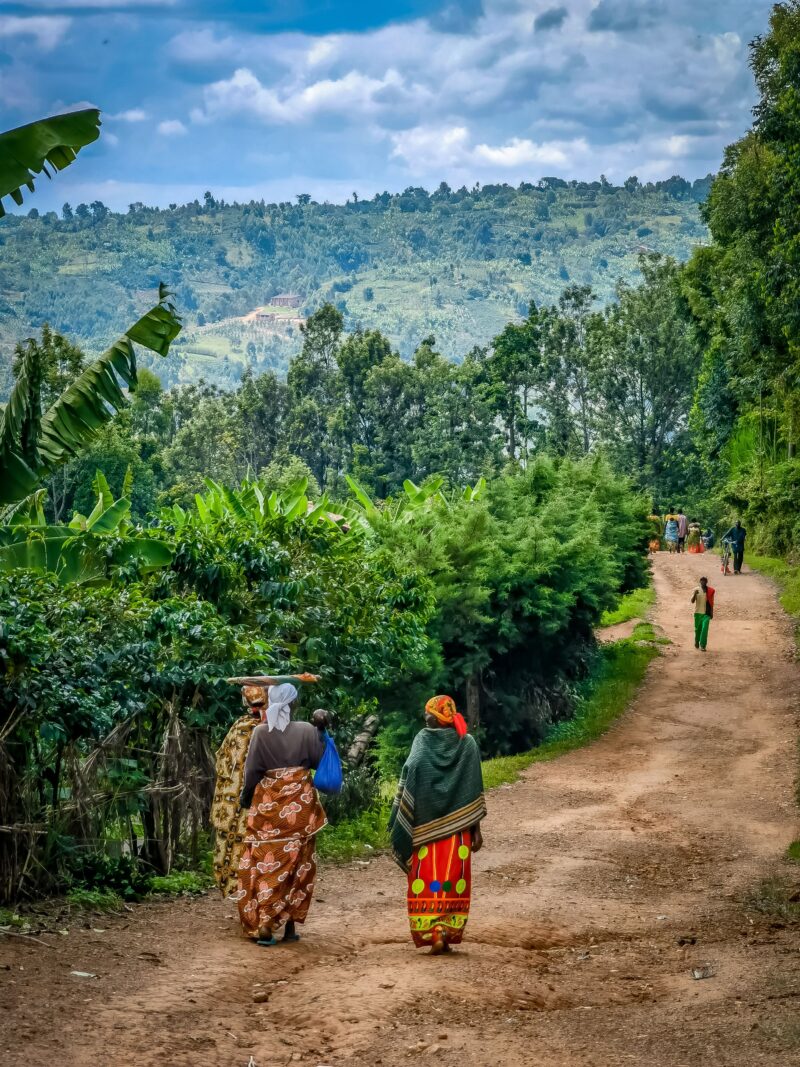Gira iyo uva n’iyo uja, they say where I grew up — a blessing bestowed often by our parents and grandparents, our uncles and aunts and cousins, even our friends. May you have roots and leave a name.
My grandfather started growing some of the first coffee trees in Burundi in the 1930s, during Belgian colonial rule. It must be said that, at that time, the Belgian administration forced the population to plant this plant, which isn’t native here — it originates in Ethiopia — but produced something the colonists could extract and sell. When they left and Burundi returned to independence, in 1963, coffee remained an important source of foreign currency — and of income for small producers, modest men and women in the rural parts of our country. Since my grandfather’s day, coffee farmers have used the plant to finance their children’s studies, pay for their beer, and offer cloth to their wives.
Kayanza is the valley of my family and my childhood. This little corner of the earth where I was born is all green hills and hollows that stretch as far as the eye can see. Kayanza retains its natural bliss, even if modern living around the world threatens places like this. In the morning and in the evening, the vales are covered with mist. I wonder if this will last.
Over the past decade, our seasons of rain and sun have become less regular than they used to be. Our rains are shorter, our sun is longer, and both, sometimes, are out of place — a dry spell in the middle of the November rains or an unexpected downpour in July, when we should be stumping the trees; we have to cut their main stems off every year in order to make sure they grow back the next year. One year, we have a good harvest on the farm, and the following year, the production drops by half, despite the care given to the plants. Scientists tell us that the earth is heating up rapidly due to gases that factories and cars in developed countries are sending into our atmosphere.

Business experts say that Burundi is only realizing between 20 and 50 percent of its coffee harvests these days, that soil erosion alone is costing us 4 percent of our GDP. That might sound small to some people, but Burundi is one of the poorest countries in the world; even a small number has an enormous impact on our farmers and their families.
Climate change can have many consequences — for one, an increase in insect-induced diseases due to new ambient temperatures and changes in relative humidity. In the future, we will probably be forced to apply more pesticides to our coffee trees, which may have an impact on the flavor of the coffee, even if we have opted for organic treatments. But the most damning of these changes is that if the plant cannot adapt to a new climate, it will simply disappear. This would obviously be a great disaster for the country and its people.
The only solution is identifying varieties of coffee trees that can adapt to the new conditions. But this requires decades, if not a lifetime, of research, and that is not work that coffee farmers like us can do. We keep cultivating, even as we wonder: Isn’t it too late already? Will my grandson be able to see these beautiful plantations that we have maintained for three generations? Will they, too, share in these roots that leave a name?
